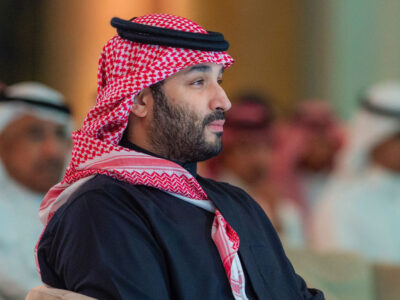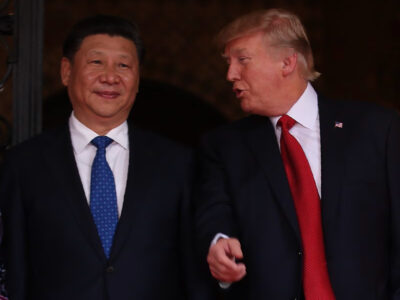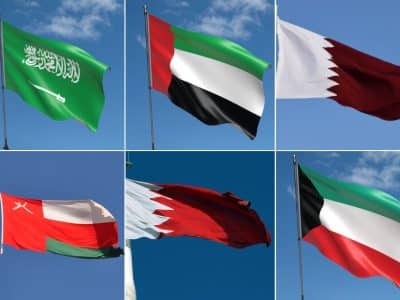The UAE has proposed a regulatory approach to curb money laundering and terrorism financing activities, with a national committee suggesting allowing formal sharing of strategic information and intelligence between the public and private sectors on such matters.
In its first draft report, the UAE’s Public-Private Partnership Sub-Committee (PPPSC) recommended framing strict rules for confidentiality and data protection for such information sharing by public and private sectors.
The committee also recommended creating a dedicated secure digital platform for such intelligence sharing.
This enhanced regulatory toolbox will enable private and public entities to increase their awareness of the scope of illicit money flows.
The draft report – in the form of a consultation paper – seeks comments, suggestions and feedback from all the members and relevant stakeholders to enhance the provisions drafted.
The PPPSC will establish key performance measures for relevant task forces and working groups under its aegis and follow up on progress to ensure that cooperation between the public and private sectors continues to expand.
The consultation paper follows the PPPSC agreeing at its inaugural meeting in August 2021 to propose the legislative framework for sharing information and intelligence between the public and private sectors.
The PPPSC is established by the National Committee for Anti-Money Laundering and Counter Financing of Terrorism and Financing of illegal organisations (NAMLCFTC) and led by the Executive Office of Anti-Money Laundering and Counter Terrorism Financing (EO AML/CTF).
Its mandate is to consult with both financial institutions and designated non-financial businesses and professions from the private sector to develop best practices and share intelligence, guidance, and expertise in the fight against money laundering, financing of terrorism and proliferation financing.
Khaled Mohamed Balama, Governor of the Central Bank of the UAE and Chairman of the NAMLCFTC, said the establishment of the PPPSC – a first of its kind in the region – was a demonstration of the strong commitment to protecting the integrity of the global financial system in collaboration with the private sector.
“Public-private partnerships (PPPs) are designed to enhance the detection and disruption of financial crime networks and offer intelligence-led methods that deny criminals illicit profits and resources. The contributions of our private sector are instrumental in the UAE’s efforts to build a sustainable and world-class AML/CFT/CPF system,” the governor said.

Hamid Said Al Zaabi, Director-General of the Executive Office of Anti-Money Laundering and Counter Terrorism Financing, said the private sector in the UAE was a key strategic partner across all sectors, and the endeavours to promote a sound financial system and economic activities cannot be accomplished without the private sector remaining at the heart of these initiatives.
The UAE has implemented significant reforms to combat financial crime in recent years.
The committee’s recommendations are part of further strengthening this drive in line with international standards and the global AML/CFT agenda.
The report said in the coming months, the PPPSC is committed to developing new tools in the fight against money laundering, terrorism financing, and proliferation financing.








